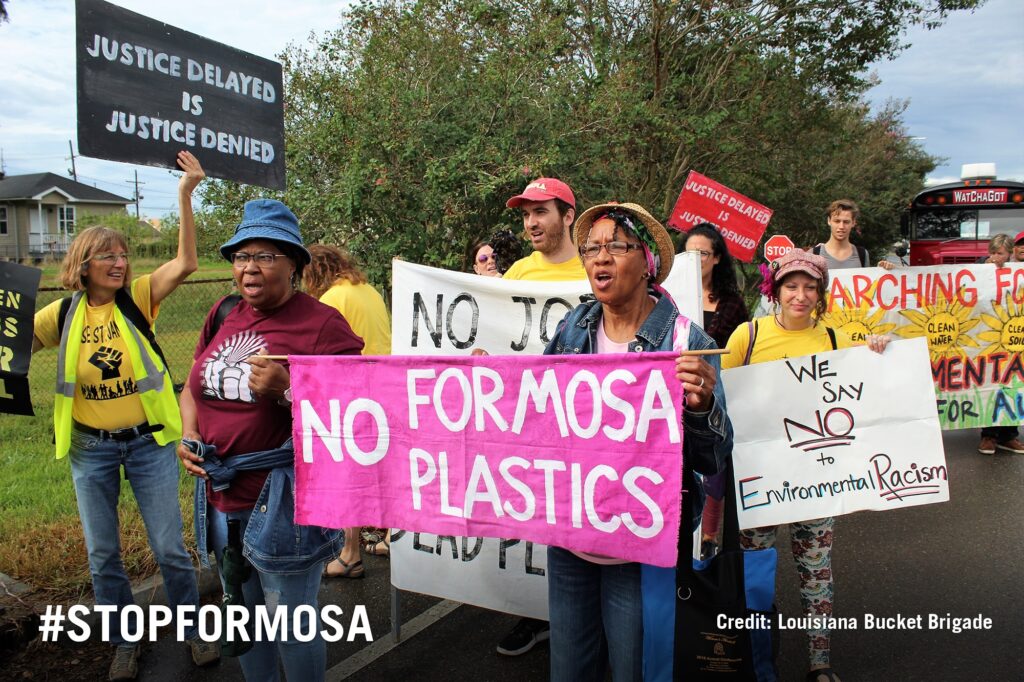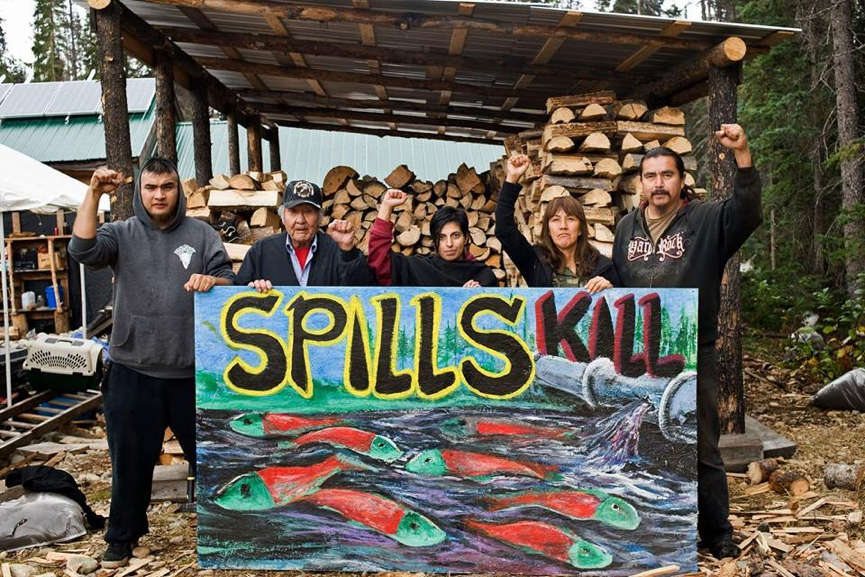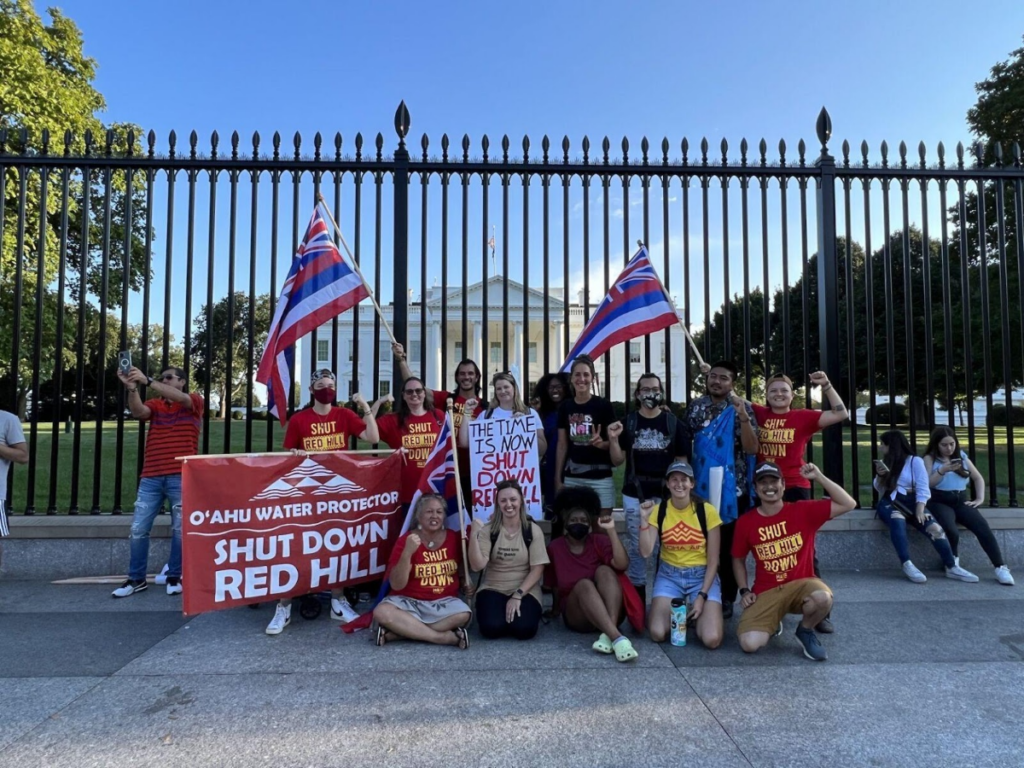A transition to clean energy that is just and grassroots-led is critical for the well-being of local communities and, indeed, the entire planet. Our new era of global boiling requires multi-faceted, locally-led responses instead of singular, top-down ones.
Originally shared on 7 September 2023.
This July was the hottest month ever recorded.
The month before was the hottest June on record.
To address the rising temperatures and resulting climate injustices, the world must shift away from a fossil fuel-dependent energy system and towards a more sustainable, low-carbon, and equitable one.
We need a just energy transition.
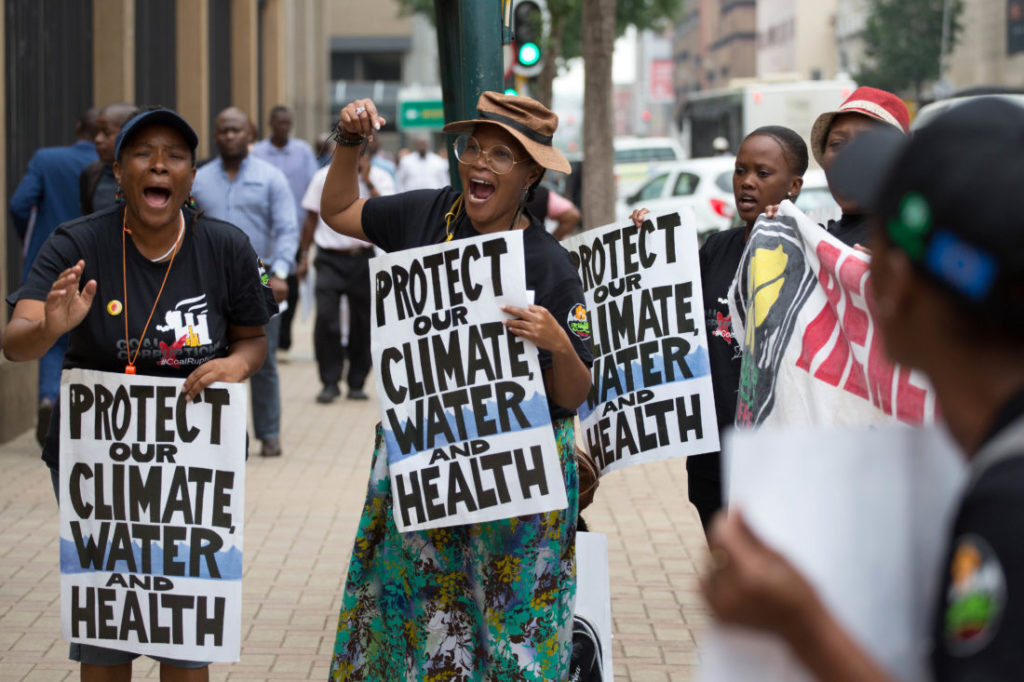
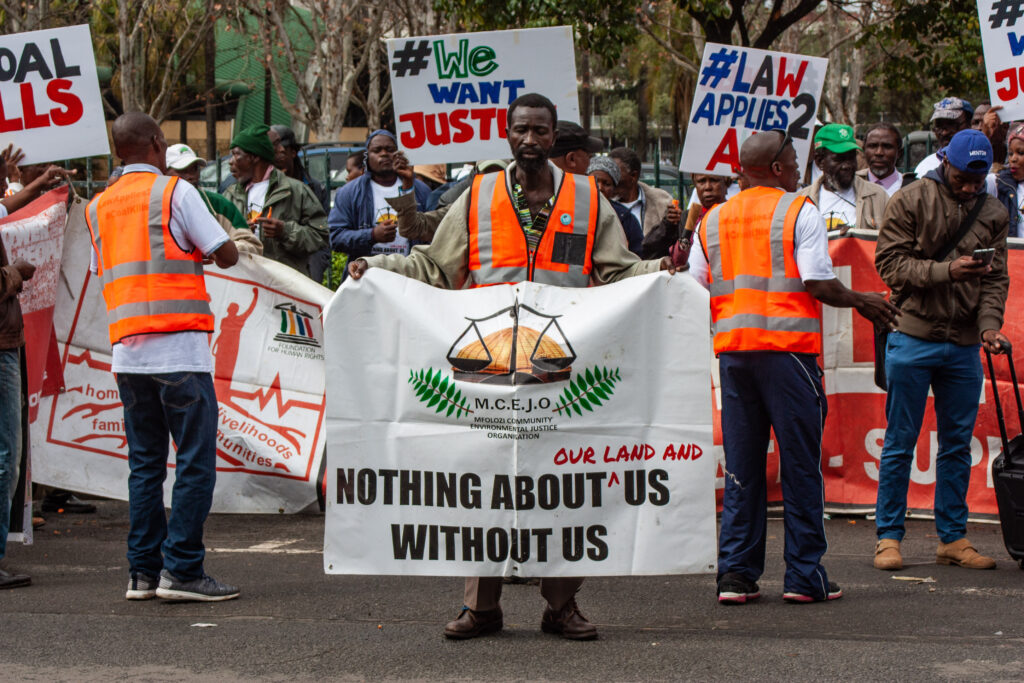
Grassroots movement-building is seldom formed around a single campaign but instead built over time, in collaboration, uniting people of common experience. South Africa, for example, has a history of colonialist, extractive energy practices. Mining activities threaten traditional livelihoods, destroy ecologically diverse ecosystems, and have already displaced entire communities from their homes.
CLIMA Fund member Global Greengrants Fund (GGF) has been a long-time backer and ally of the Life After Coal coalition in the region. Life After Coal includes groundWork, Earthlife Africa, and the Centre for Environmental Rights, who work together to stop fossil fuel developments, reduce emissions from existing coal infrastructure, and enable a just transition from fossil fuels.
The coalition had a great win in December 2020 with the cancellation of the proposed Thabemetsi coal plant in Limpopo Province, South Africa, after challenging it since 2016. The ongoing court battle, bolstered by activists, proved too costly to the investors.
More recently, in May 2022, the South African High Court ruled that Tendele Coal could not expand its Somkhele mine to the community of Mfolozi. This decision was the result of years of organizing by GGF grassroots grantee partner Mfolozi Community Environmental Justice Organization (MCEJO), as well as other local groups and national and international allies. MCEJO received two grants from GGF, the most recent of which helped provide workshops that bolstered community activism against the coal mine.
Frontline communities face criminalization and violence, such as MCEJO activist Fikile Ntshangase, whose murder remains unsolved. Tendele Coal was operating a coal mine near the Hluhluwe–iMfolozi park, the oldest nature reserve in Africa. Ntshangase was a steadfast leader of the community opposition to the expansion of an open pit coal mine in her area. She was killed in her home in October 2020. Environmental defenders, especially those who resist fossil fuel expansion, are increasingly under threat around the world. Ntshangase’s murder is part of the unfortunate trend of using violence to silence dissent.
Global Greengrants Fund’s advisors are supporting grassroots movements to send a clear, cross-regional message — a transition to clean energy that is just and grassroots-led is critical for the well-being of local communities and, indeed, the entire planet. Our new era of ‘global boiling’ requires multi-faceted, locally-led responses instead of singular, top-down ones.
Learn more about how Global Greengrants Fund is shifting both money and power towards their grassroots grantee partners in their latest op-ed in Alliance Magazine.
